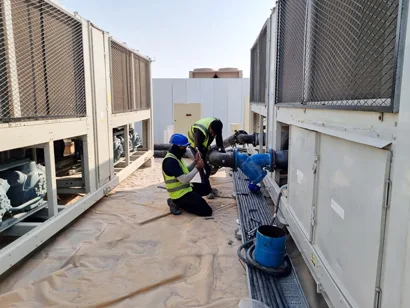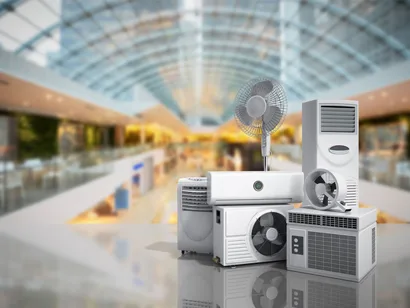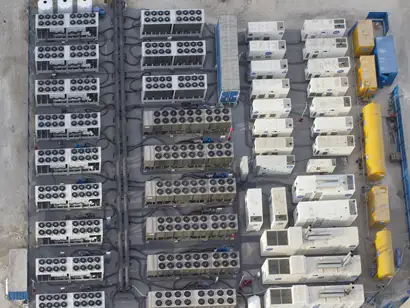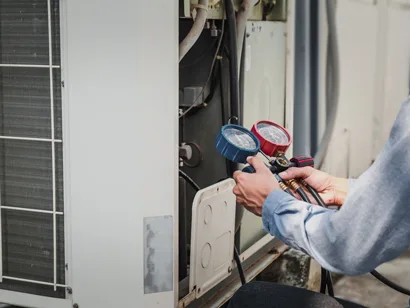
Advanced Cooling Systems
Advanced cooling systems are specialized mechanical systems designed to regulate temperature in a variety of settings, including commercial and industrial buildings, residential homes, and vehicles. These systems use a range of technologies to cool air or other substances, and can be customized to meet the specific needs of the environment in which they are used.
There are several types of advanced cooling systems, including air conditioning systems, evaporative cooling systems, and refrigeration systems.
Air conditioning systems use refrigerants to cool air, and are commonly found in buildings and vehicles. They typically consist of an outdoor unit, which contains the compressor and condenser, and an indoor unit, which contains the evaporator and blower. Air conditioning systems can be further classified as central systems, which use ducts to distribute cooled air throughout a building, or portable systems, which can be moved from one location to another.
Evaporative cooling systems, also known as swamp coolers, use the principle of evaporation to cool air. These systems consist of a pad soaked in water, a blower, and a pump. When the blower draws air through the wet pad, the water in the pad evaporates, and the resulting cool, humid air is blown into the room. Evaporative cooling systems are most effective in dry, hot climates.
Refrigeration systems use refrigerants to transfer heat from one location to another, and are used in a variety of applications, including food storage and transportation, medical and scientific research, and industrial processes. There are several types of refrigeration systems, including absorption refrigeration systems, which use a heat source to drive the refrigeration cycle, and mechanical refrigeration systems, which use a compressor to pressurize refrigerant and facilitate heat transfer.
In addition to these traditional cooling systems, there are also advanced cooling technologies that use alternative methods to cool air or other substances. These technologies include thermoelectric cooling, which uses the Peltier effect to transfer heat from one side of a device to the other, and phase change cooling, which uses a substance that changes from a solid to a liquid or gas in order to absorb or release heat.
Overall, advanced cooling systems play a vital role in maintaining comfortable and safe temperatures in a variety of settings. They are an essential component of modern life, and continue to evolve as technology advances.






